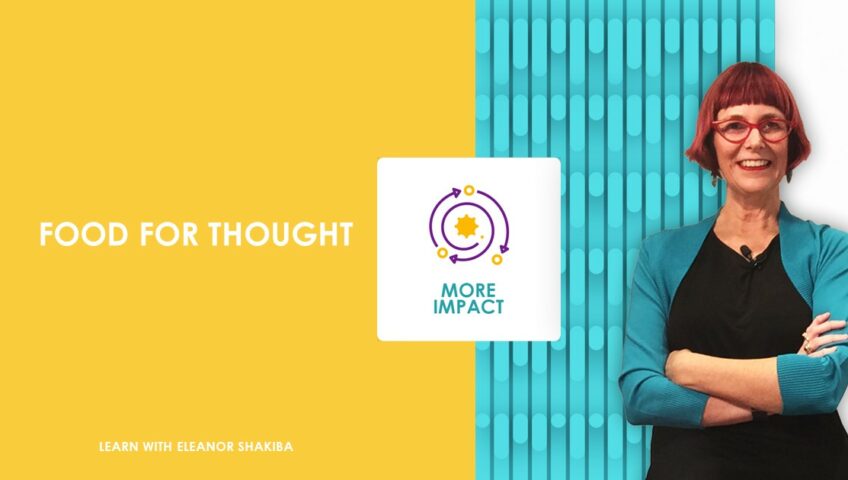We all like to think we make wise decisions. From choosing washing powder to making great investment choices, we tend to believe that our decisions are based on logical and well-thought-out reasoning. However, it turns out this is rarely the case. Indeed, many of your decisions will be impacted by cognitive biases – which are essentially mental shortcuts that help you make decisions quickly.
A classic example is loss aversion. This is a bias caused by the fear of losing something and it can lead to rash decisions. For example, a well-known study showed that when people lose $100 they feel the loss far more intensely than they feel joy at finding $100. In experiments, this meant that participants were more likely to take a risk with a $100 note they found than with money that they already had in their bank account.
Why was this illogical? Because in each situation there is $100 at stake and the odds of winning or losing are exactly the same. This example demonstrates how loss aversion can overpower rational thinking and risk assessment. It also shows how framing effects can impact decision-making. In psychology, framing refers to how your perception of something is influenced by the way it is presented.
Free e-book and video tips.Get your copy today!
|
|
Something as simple as whether a problem is framed in terms of winning or losing can radically affect your choices. For example, researchers Daniel Kahneman and Amos Tversky asked volunteers to choose the best treatment to offer to people with a serious disease. Two options were given. Both had identical success rates. However, Option A was framed as having a 90% success rate. Option B was described as having a 10% risk of death. Option A was chosen by most people, even though it had exactly the same outcome as option B!
This example highlights the fact that even when presented with identical information, people can be heavily influenced by how the information is framed. The good news is that recognising these biases can help you make better decisions in your personal and professional life.
Awareness is key. Once you know about cognitive biases and how they can impact decision-making, you can take steps to mitigate their effects. If you want to dive deeper into this topic, you can check out the original article here. Trust me, understanding how your choices are affected can help you make smarter decisions in all aspects of life.
This article summary was created by Eleanor Shakiba
Eleanor is a leadership trainer, success coach and people skills expert. She helps managers and business owners build thriving teams and organisations, using tools from Positive Psychology. She's trained more than 60,000 people during her career as a corporate trainer and professional development consultant. Her mission is inspiring talented people to become leaders who make a difference.

